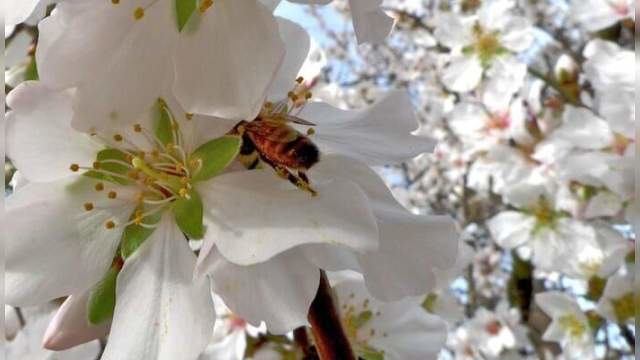The Mystery Of the Disappearing Bees (Le mystère de la disparition des abeilles), Nature, France, Canada, 2010
featuredocumentary, nature, animals
Le mystère de la disparition des abeilles

Wonder (Wonder), Australia, 2020
Seg 1 Chromatic Adaptation. Chromatic adaptation is the ability of humans to adjust to changes in brightness to keep up with the appearance of colors. this is the reason why we are able to perceive colors properly even though lighting in real environments change constantly. Seg 2 Color-changing animals. Color changing in animals are developed adaptations which the animals use for various applications such as signaling their species or as a way to hide from predators. Animals that can change color have specialized cells called chromatophores that can alter pigmentation and light reflecting properties. Seg 3 How do we see the color pink. We are able to see pink because our brains are able to perceive variations in light and color. Although pink as a wavelength does not exist in the light spectrum, it is our brains that processes light in a such a way that we are able to perceive combinations of colors thus giving us a way to see colors like pink. Seg 4 Blue wings, blue feathers. Blue rarely exists in nature. But due to evolution, structural features in the wings and feathers of some animals allow light to bend in ways that make it possible to reflect the color blue. Seg 5 Snow camouflage. Snow camouflage, is a type of camouflage that certain creatures use to hide during winter. It is typically characterised by differing shades of grays and whites.
More...
Description
An investigation into a worldwide ecological disaster that could endanger the whole of humanity. The future of our food resources depends on one small insect - the western honey bee, or Apis mellifera. Indeed, it is the most important agricultural pollinator on our planet given that one third of our food supply depends directly on pollination from bees. This documentary tells the story of a worldwide ecological disaster that has been waiting to happen for several generations. It was filmed over an 18-month period in France, Germany, the U.S., Canada and Scotland and retraces the various leads carried out by research scientists in order to try and understand and to stop the declining numbers of domestic and wild bees. Scientists are not the only professionals to figure at the centre of this drama. Beekeepers are in the front line, and striking contrasts exist among beekeepers' experiences in different countries, in various economic situations. The documentary seeks to understand how the long-enjoyed harmonious relationship between man and bee has now undergone such a radical change. It seeks to find a solution that goes beyond science. A solution that cannot be found without thoroughly re-examining our agricultural practice and our model of society. Can we rise to the challenge? Awards : 2011 : Star of the SCAM (France). 2012 : Jade Kunlun Awards